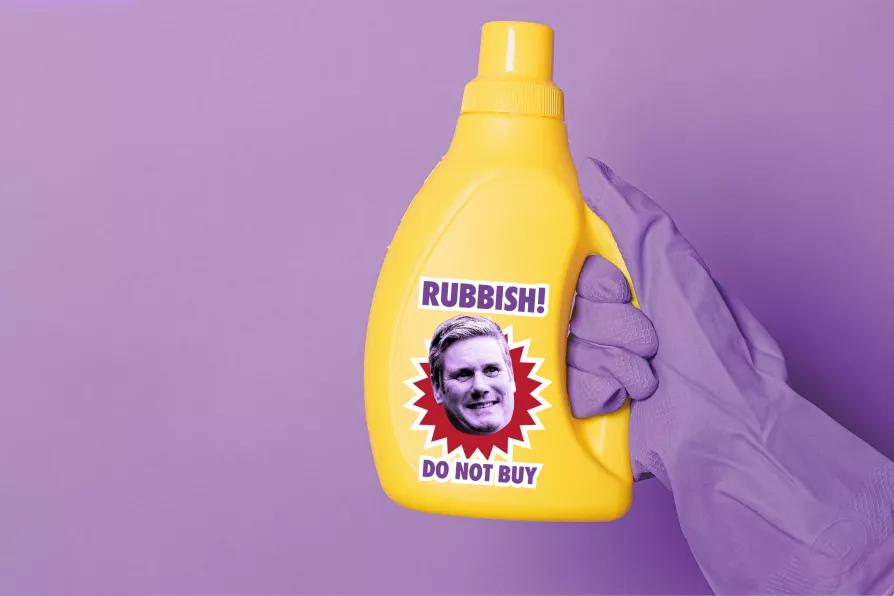Once the bustling heart of Christian pilgrimage, Bethlehem now faces shuttered hotels, empty streets and a shrinking Christian community, while Israel’s assault on Gaza and the tightening grip of occupation destroy hopes of peace at the birthplace of Christ, writes Father GEOFF BOTTOMS


“WE are awful and out of touch — vote for us.” Why does the “sensible, grown-up” Labour leadership keep pushing this bizarre line?
Sir Keir Starmer promised a “professional election operation,” but the frequent repeating of the “we are not worth voting for” argument in public looks designed to lose even more votes.
It only makes sense when you realise this message isn’t aimed at winning voters.

While Reform poses as a workers’ party, a credible left alternative rooted in working-class communities would expose their sham — and Corbyn’s stature will be crucial to its appeal, argues CHELLEY RYAN

JOE GILL looks at research on the reasons people voted as they did last week and concludes Labour is finished unless it ditches Starmer and changes course













